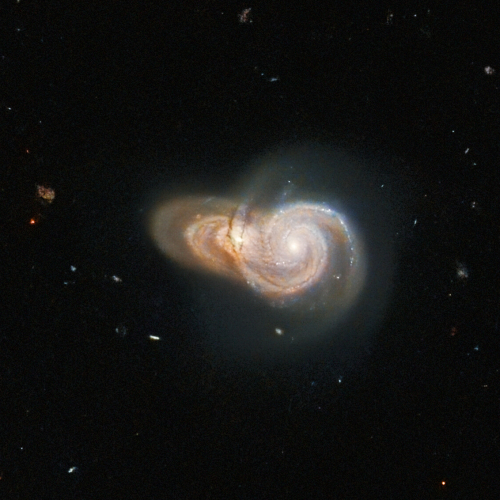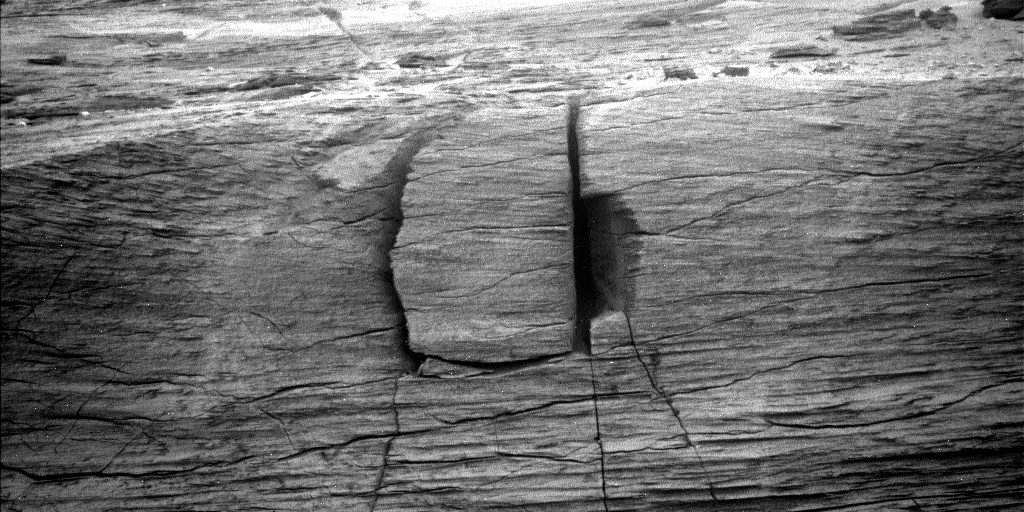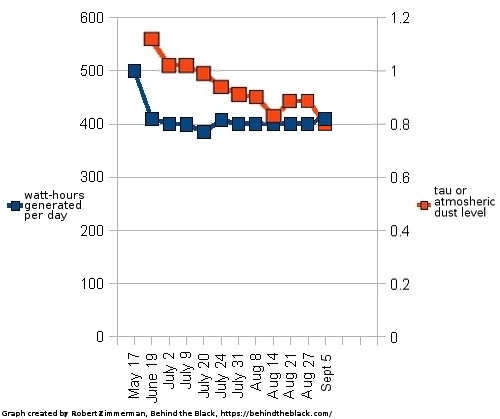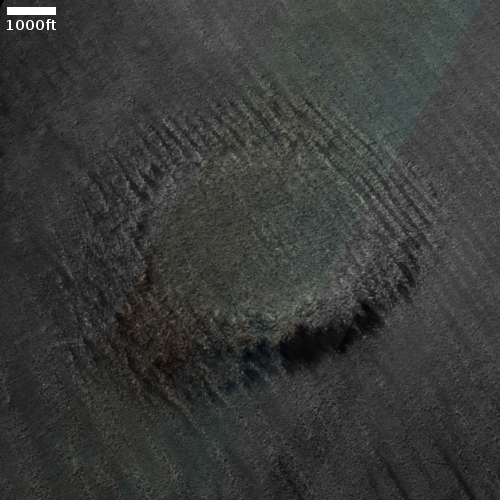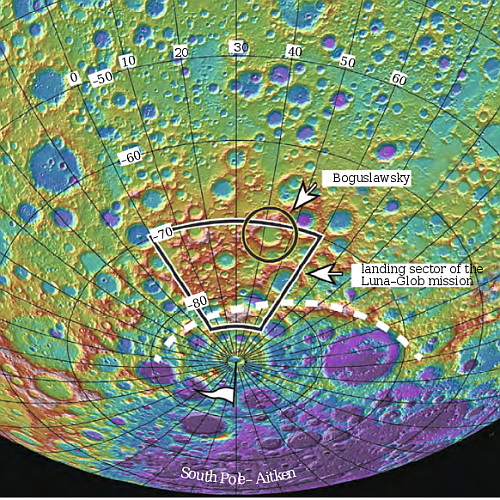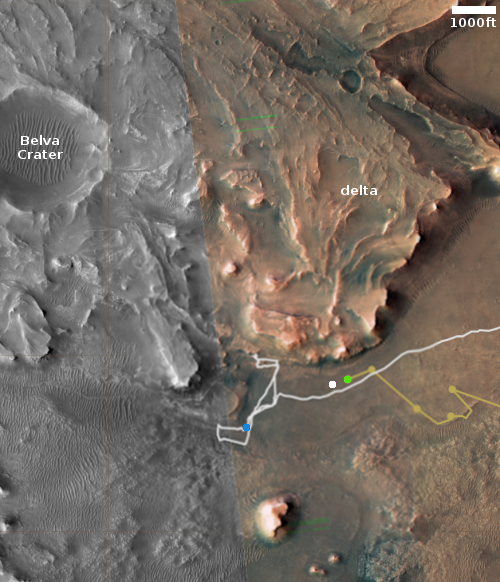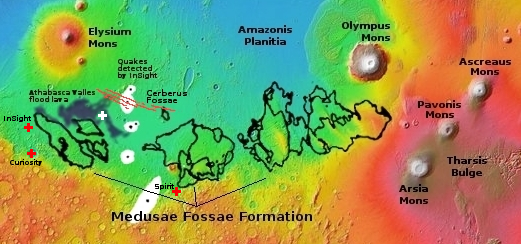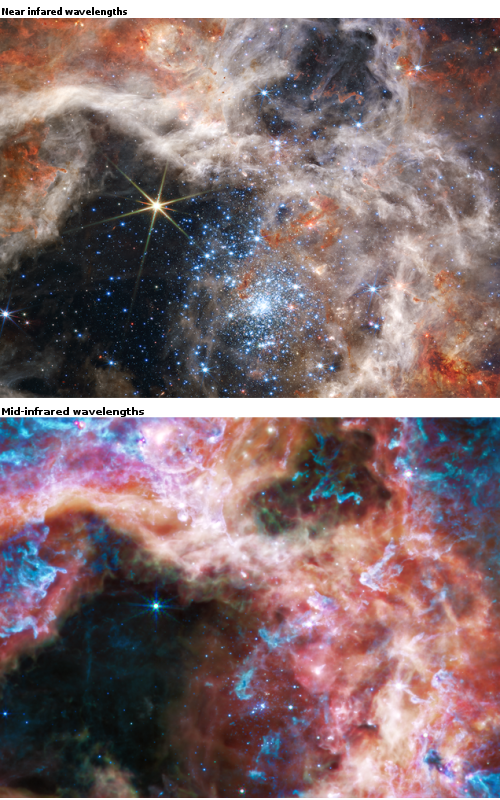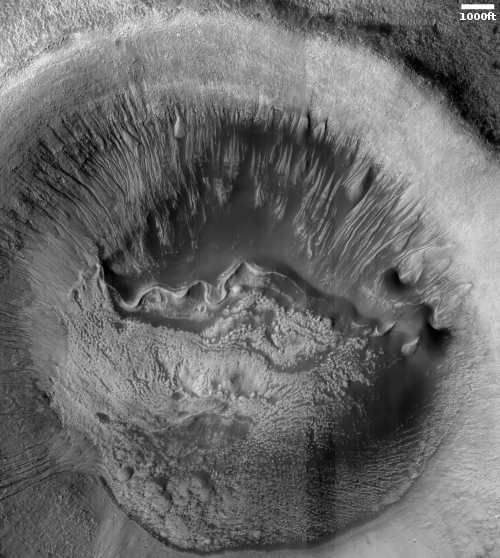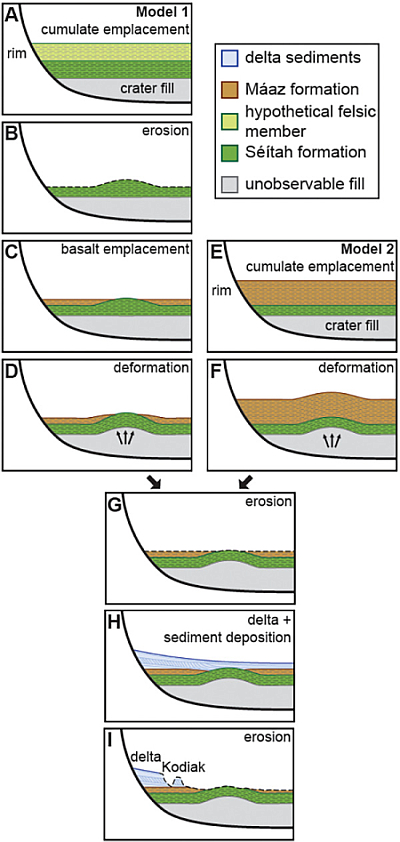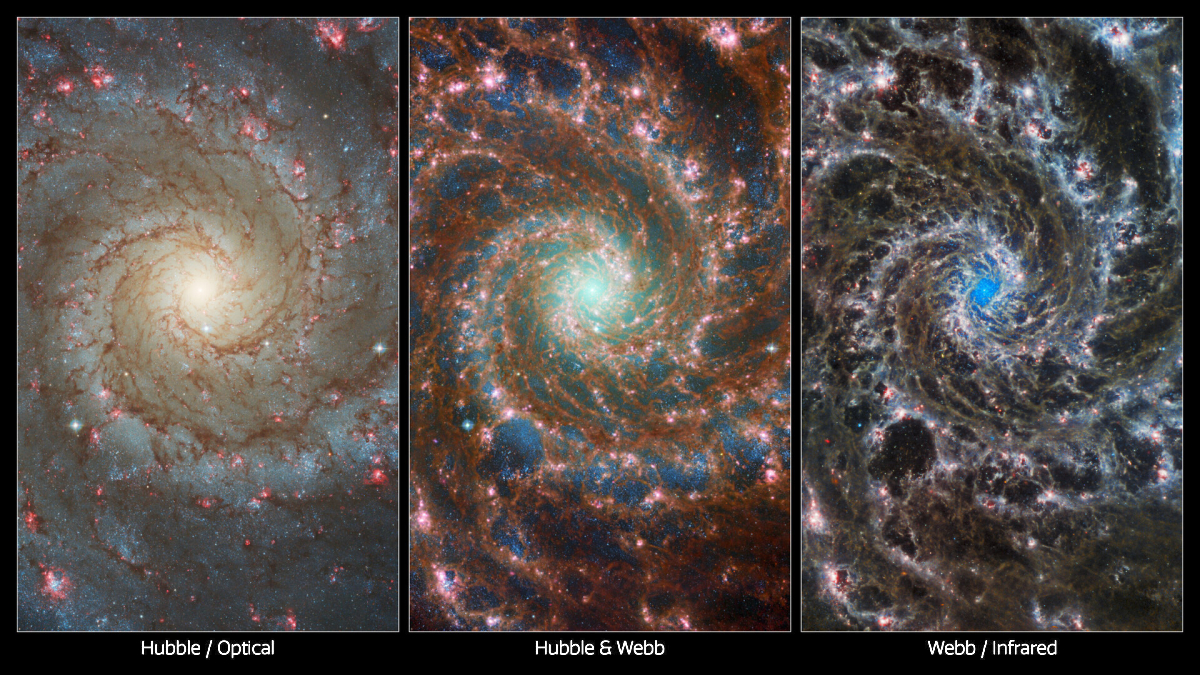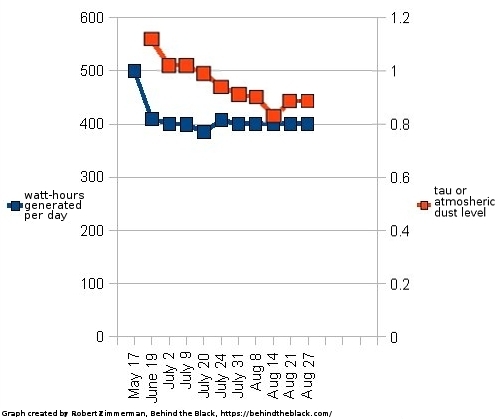New theory: Saturn’s rings came from a lost and destroyed moon
The uncertainty of science: According to a new computer simulation, scientists have proposed that the reason Saturn’s rings are tilted 27 degrees is because they were created by the destruction of a moon 160 million years ago, an event that was also linked to the way the orbits of Saturn and Neptune interact, combined with the on-going slow evolutionary changes in Titan’s orbit around Saturn.
Wisdom and his colleagues believe Saturn acquired its tilt because of a peculiar synchronicity: the precession of Saturn’s spin axis—the way it wobbles like a top with a particular rhythm—is suspiciously in tune with a precession in Neptune’s orbit. If Saturn and Neptune were trapped in this resonance, Saturn’s tilt would be “kind of vulnerable to other forces that could cause it to change,” says Rola Dbouk, an MIT graduate student in planetary science. In 2020, Cassini scientists discovered what the study team thinks is that external stimulus: Titan, Saturn’s largest moon, is migrating away from Saturn by 11 centimeters a year. In a study published today in Science, Dbouk, Wisdom, and colleagues show how Titan’s migration, in combination with the Saturn-Neptune resonance, could have ratcheted up Saturn’s tilt over the course of 1 billion years.
The work also yielded a potential explanation for the origin of Saturn’s rings. Using Cassini’s measurements of Saturn’s gravitational fields to model the planet’s interior structure, the researchers refined calculations for the wobble of Saturn’s spin axis and found it is no longer in sync with Neptune. “Something kicked it out of the resonance,” Dbouk says. They first ruled out the possibility that chaotic changes in the orbits of some of the largest of Saturn’s dozens of moons could be responsible. But when they added another moon to the mix, things got interesting.
In simulations, the researchers included an object about the size of Iapetus, Saturn’s third largest moon, orbiting about 43 Saturn radii out—between the orbits of Titan and Iapetus. They found this moon could have provided the necessary nudge to the resonance if it were suddenly knocked from its orbit because of chaotic interactions with its neighbors about 160 million years ago.
To say that this theory is uncertain is no different that saying the sky is blue. It is so uncertain that it is difficult to take it seriously. It could be right, but as one scientist quoted at the article noted, there is no way to test it.
The uncertainty of science: According to a new computer simulation, scientists have proposed that the reason Saturn’s rings are tilted 27 degrees is because they were created by the destruction of a moon 160 million years ago, an event that was also linked to the way the orbits of Saturn and Neptune interact, combined with the on-going slow evolutionary changes in Titan’s orbit around Saturn.
Wisdom and his colleagues believe Saturn acquired its tilt because of a peculiar synchronicity: the precession of Saturn’s spin axis—the way it wobbles like a top with a particular rhythm—is suspiciously in tune with a precession in Neptune’s orbit. If Saturn and Neptune were trapped in this resonance, Saturn’s tilt would be “kind of vulnerable to other forces that could cause it to change,” says Rola Dbouk, an MIT graduate student in planetary science. In 2020, Cassini scientists discovered what the study team thinks is that external stimulus: Titan, Saturn’s largest moon, is migrating away from Saturn by 11 centimeters a year. In a study published today in Science, Dbouk, Wisdom, and colleagues show how Titan’s migration, in combination with the Saturn-Neptune resonance, could have ratcheted up Saturn’s tilt over the course of 1 billion years.
The work also yielded a potential explanation for the origin of Saturn’s rings. Using Cassini’s measurements of Saturn’s gravitational fields to model the planet’s interior structure, the researchers refined calculations for the wobble of Saturn’s spin axis and found it is no longer in sync with Neptune. “Something kicked it out of the resonance,” Dbouk says. They first ruled out the possibility that chaotic changes in the orbits of some of the largest of Saturn’s dozens of moons could be responsible. But when they added another moon to the mix, things got interesting.
In simulations, the researchers included an object about the size of Iapetus, Saturn’s third largest moon, orbiting about 43 Saturn radii out—between the orbits of Titan and Iapetus. They found this moon could have provided the necessary nudge to the resonance if it were suddenly knocked from its orbit because of chaotic interactions with its neighbors about 160 million years ago.
To say that this theory is uncertain is no different that saying the sky is blue. It is so uncertain that it is difficult to take it seriously. It could be right, but as one scientist quoted at the article noted, there is no way to test it.

